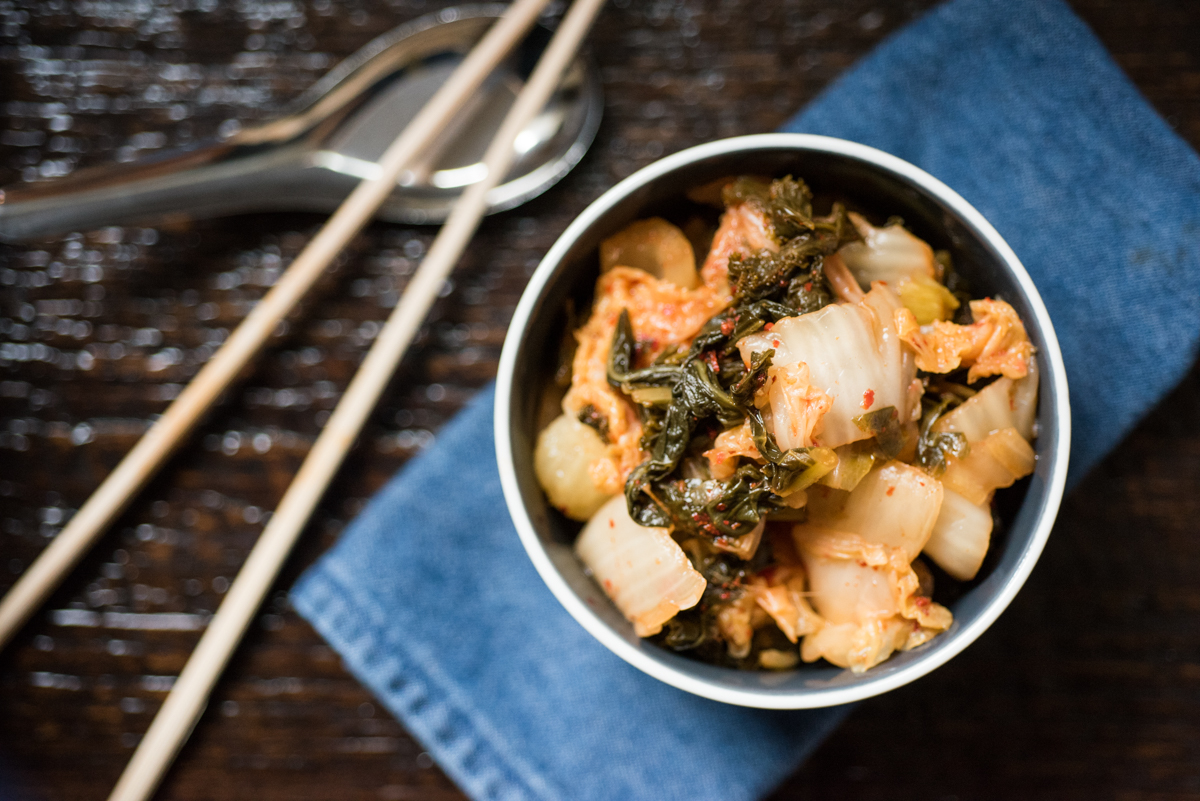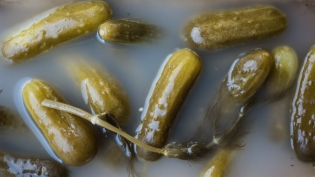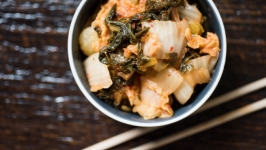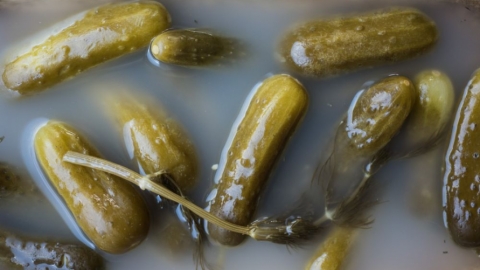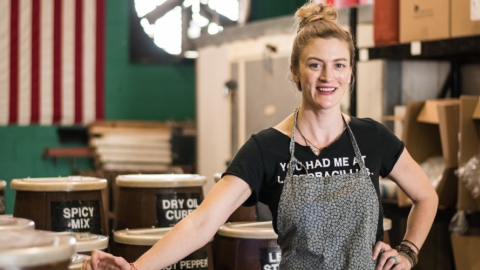The Appeal of Fermented Foods
Science continues to show us the astounding influence of the microbiome — the colony of living microorganisms that lives within each of us – on our overall health. Research proves how encompassing the microbiome’s responsibility is within our body, influencing immunity, digestion, body weight, mood, emotions and brain function.
The National Institutes of Health kicked off a project in 2008 to map the microbiome, triggering a massive amount of new research on the subject. This has led to the “moment in the sun” that the general topic of gut health is now enjoying. Books on the subject grace the New York Times best seller list and mass media coverage on gut health is more prevalent than ever. There is an upswing in consumer demand for probiotic rich foods like sauerkraut and kimchi, which are now on every food publication’s ‘trending’ lists. Thank you, science! You are important and exciting, however you are only a part of why we eat what we eat.
Dr. Raphael Kellman who wrote The Microbiome Diet, acknowledges that the food choices we make are “a blend of intuition, culture, art and science.” Kellman recognizes that we live in a world beyond science, one of “culture and emotion,” which impacts what we eat as much (if not more) than scientific findings. He asks the reader to acknowledge and appreciate the generational work it took to cultivate and perfect food traditions that both ensure our collective health and act as cultural anchors.
After all, it’s our distant grandparents that knew—long before science told us—that fermented foods were important to health and well-being. The proof is in the tempeh, miso paste, kvass, kefir, poi and pickles. So while we praise science, let’s pay appropriate homage to the art, the love, the (true) wives tales, the folklore, the stories, the conversations, the kitchen-teachings and the humanity that provided these nourishing traditions in the first place. So thank you, forbearers. I will enjoy some kraut today, in your honor.


